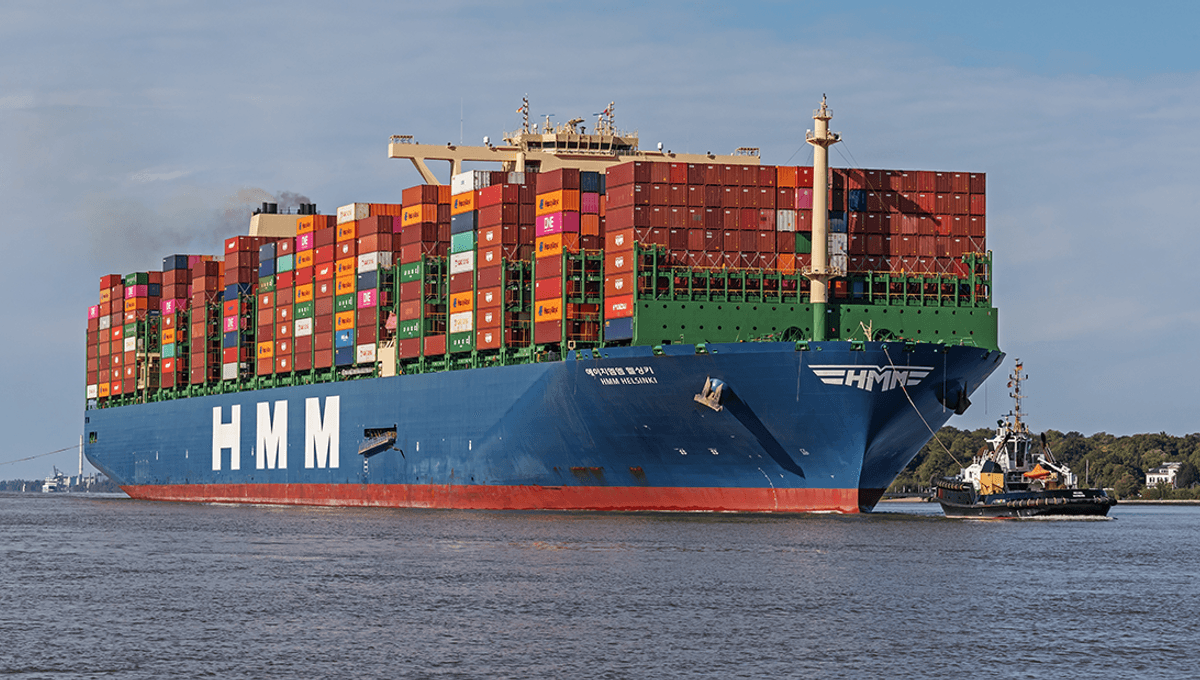
It’s easy for a science website to get bogged down in the weirdest mysteries of the universe, while people really want the answers to more basic (but fun!) questions like “Why can’t we power our cars with magnets?” and “If you fell from a skyscraper on the Moon, would you die or otherwise get badly injured?”
One such question was asked in the Physics Is Fun Facebook group yesterday: “The nail sinks in water but the iron ship floats,” the user wrote, “why is that so?”
For the answer, we need to learn a bit about density and buoyancy. You may have been taught the answer in school, but there’s no shame in forgetting and having a little refresher.
Buoyancy is an upward force in a fluid (any flowing substance, including air) exerted on all bodies within it. The force comes from the pressure within the fluid being greater the further down in the fluid you go. The pressure on the bottom of an object within the fluid is higher than at its top, causing the upward force. The Archimedes principle states that a body submerged or partially submerged in a fluid is acted on by the buoyant force in a magnitude equal to the weight of the fluid it displaces.
If the buoyant force of a fluid is greater than the downward force (its mass times the gravitational field strength) of an object placed within it, the object will float. But objects that are more dense than water (at the surface) will sink until the forces are equalized.
So, the nail imagined above sinks because it is more dense than water. There are exceptions to this for smaller objects, which can be held up by the surface tension of water, but let’s keep this simple.
But what about ships? Surely, as steel is denser than water, and cargo ships are loaded with hundreds of thousands of tons of cargo, they should sink?
Well, as evidenced by the fact that they don’t sink, this is not the case.
A solid steel object would of course sink, but ships are not solid steel. They are filled with all kinds of other materials, including air, which is what keeps them afloat. The average density of the ship, including the air within it, is lower than that of water, and so the upward force is greater than the one drawing it to the bottom of the ocean, and so the boat floats. Place a ship weighing 100,000 tons in the water and it will sink until it displaces 100,000 tons of water. As you fill the ship up with objects denser than water, it sinks further into the water until it displaces the new weight.
Keep displacing the air keeping you afloat, however, and eventually, the boat will sink and join the nail.
All “explainer” articles are confirmed by fact checkers to be correct at time of publishing. Text, images, and links may be edited, removed, or added to at a later date to keep information current.
Source Link: People Are Confused Why Nails Sink But Giant Metal Ships Float